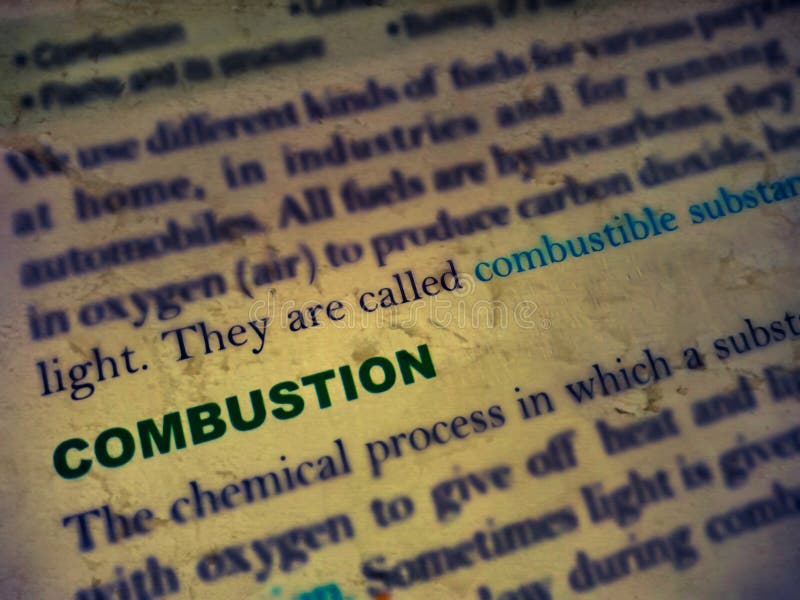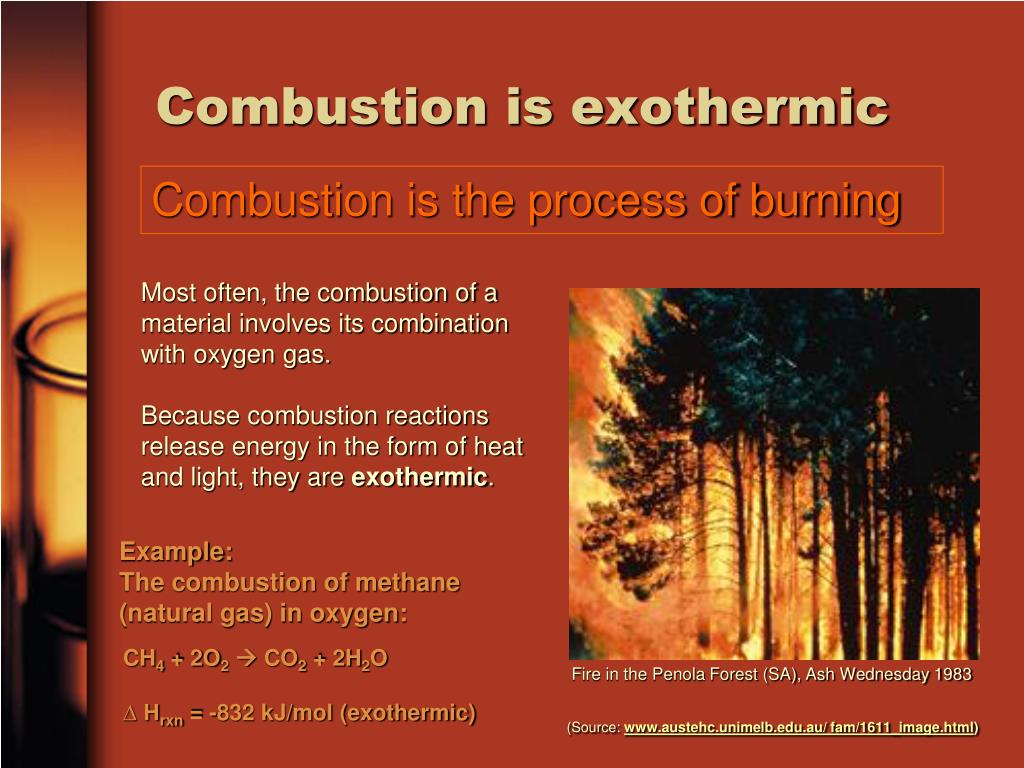


This silo effect has precluded a full reckoning of the harm to children that results from a carbon-based economy and has stymied the advancement of properly comprehensive policies to protect this vulnerable group. Assessments of the health and economic costs of the impacts of fossil-fuel combustion by-products on children have typically been fragmented, published in specialized journals and have separately considered air pollution and climate change. The purpose of this commentary is to briefly review the data on the health impacts of fossil-fuel pollution, highlighting the neurodevelopmental impacts, and to briefly describe available means to achieve a low-carbon economy, and some examples of interventions that have benefited health and the economy.Ĭhildren, and especially the poor, bear a disproportionate burden of disease and developmental impairment from both environmental pollution and climate change due to the combustion of coal, oil, gasoline, diesel and natural gas.


All cultures and communities share a concern for the health and well-being of present and future children: this shared value provides a politically powerful lever for action. Fortunately, technologies and interventions are at hand to reduce and prevent pollution and climate change, with large economic benefits documented or predicted. Global pediatric health is at a tipping point, with catastrophic consequences in the absence of bold action. No country is spared, however: even high-income countries, especially low-income communities and communities of color within them, are experiencing impacts of fossil fuel-related pollution, climate change and resultant widening inequality and environmental injustice. The developing fetus and young child are disproportionately affected by these exposures because of their immature defense mechanisms and rapid development, especially those in low- and middle-income countries where poverty and lack of resources compound the effects. By impairing children’s health, ability to learn, and potential to contribute to society, pollution and climate change cause children to become less resilient and the communities they live in to become less equitable. Impacts include impairment of cognitive and behavioral development, respiratory illness, and other chronic diseases-all of which may be “seeded“ in utero and affect health and functioning immediately and over the life course. Synergies between air pollution and climate change can magnify the harm to children. The emissions include a myriad of toxic air pollutants and carbon dioxide (CO 2), which is the most important human-produced climate-altering greenhouse gas. Fossil-fuel combustion by-products are the world’s most significant threat to children’s health and future and are major contributors to global inequality and environmental injustice.


 0 kommentar(er)
0 kommentar(er)
